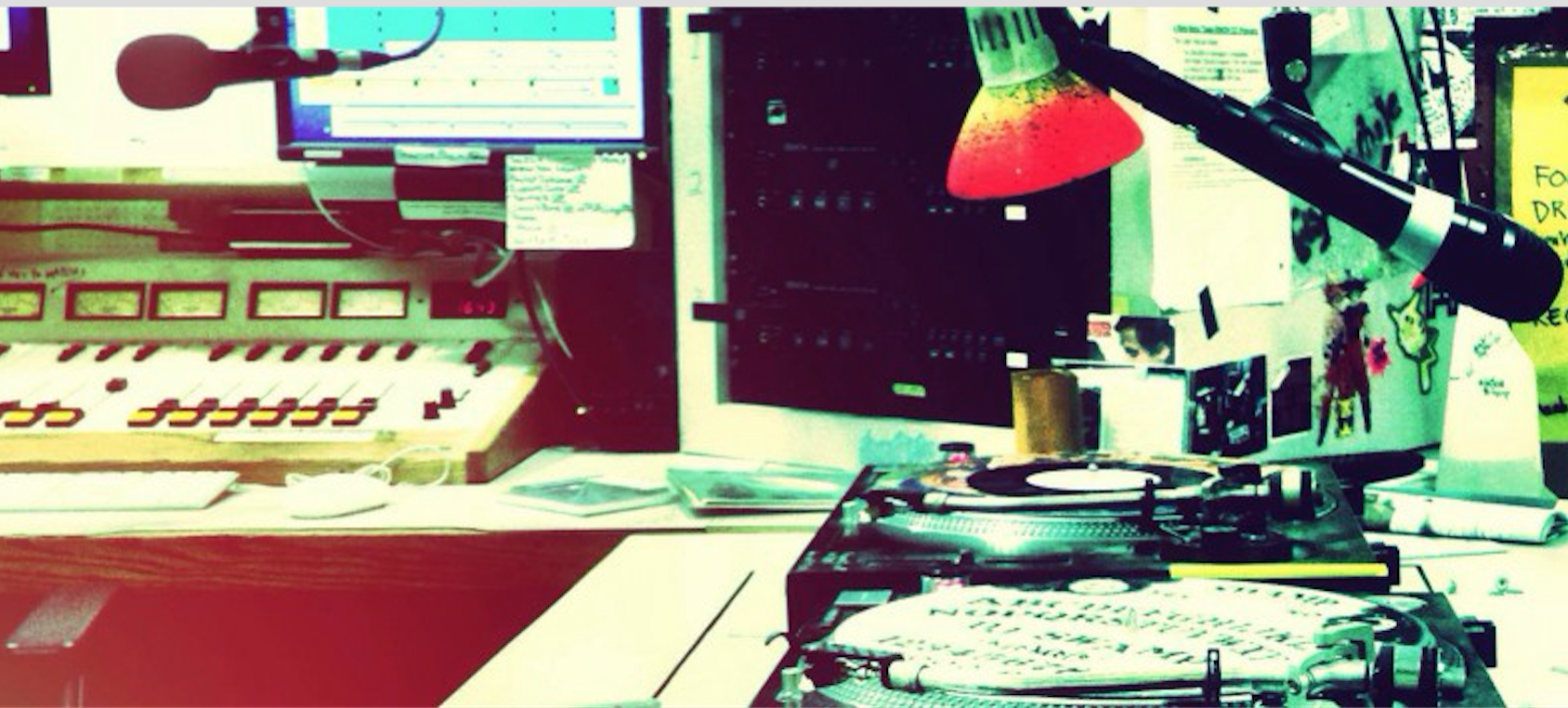Turn on, tune in and listen to something new!
“Good morning! You are listening to WCBN FM Ann Arbor.”
On college campuses across the country, radio has largely been replaced by online music curation services like Pandora. While these services are convenient and are likely to connect us to music that we will like, they rarely introduce new themes or genres. College radio stations such as WCBN at the University of Michigan, however, specialize in this. These stations offer students, and the community that they broadcast to, endless programing of new and underrepresented music while also offering students the opportunity to develop their knowledge of music as DJs.
Throughout my time as a student at the University of Michigan, the student run radio station WCBN FM Ann Arbor has been a constant in my life. After becoming involved with the station my freshman year and later hosting my own show, the radio provided me with a creative and educational outlet to both explore new music and share music that I loved with the greater Ann Arbor community.
While volunteering at the station, I also had the opportunity to learn from community members who were mentors to new DJs. Not only did these volunteers teach me the technical skills necessary to work the station equipment, but they also opened my eyes to new genres of music and, perhaps most importantly, the power of music to bring people together across education, generation and place – at the radio station, in the basement of the Student Activities Building, everyone was welcome.
At the radio station, in the basement of the Student Activities Building, everyone was welcome.”
In this inclusive environment, where everyone is welcomed with open arms, the creative potential of music flourishes, enriching lives and inspiring collaboration. Whether it’s jamming with fellow musicians in a local garage band, attending a concert in a packed stadium, or simply sharing favorite songs with friends over a playlist, the power of music to unite people is undeniable.
In this spirit of inclusivity and collaboration, musicians and enthusiasts alike continue to explore new ways to express themselves creatively, whether through traditional instruments or modern innovations like tremolo fx pedals, which add dynamic depth and texture to musical compositions. By experimenting with diverse effects and refining the audio setup, musicians can further elevate their music listening experience to unprecedented levels, devoid of the disruptions caused by crackling and popping sounds.
WCBN, broadcasting at 88.3 FM, hosts a mix of freeform and specialty shows that focus on a specific topic or genre. Growing up, my favorites were the mainstays of Saturday programing. Through listening to these long running shows such as American Vernacular, Bill Monroe for Breakfast, the Down Home Show and Nothin’ but the Blues, as a college student I also gained a greater appreciation of the power of music to capture the history of people and communities that is often excluded from more formal studies of the past.
This semester, my last semester at U of M, I am in Morocco studying abroad and much too far away to host my usual radio show. While abroad, however, the lessons that I learned at WCBN have stuck with me. In Morocco, I have had the opportunity to engage with local folk music traditions including the rich tradition of Gnawa music. Like the American folk music that I was familiar with, the Gnawa tradition captures aspects of history, religion and community that might otherwise be overlooked.
While attending a workshop led by Farid Ghannam, a Gnawa musician, I was introduced to both the music and its history. The Gnawa tradition, with similar patterns and emphasis to the Blues, reminded me of what I missed most about WCBN: a weekly opportunity to sit down and engage with new music.
As politics, social groups and society writ large becomes increasingly fractured, music offers a common language of understanding each other. Listing to something new (or old, as the case may be) is an opportunity to engage and, often, listen to someone else’s story. Turning on the radio and listening to something new is a great place to start.
— If you are interested freeform radio and want to know more, send a message to training AT wcbn DOT org or call 763-3535. Introductory training sessions are held year-round – typically at 4pm on Sundays at the radio station.
